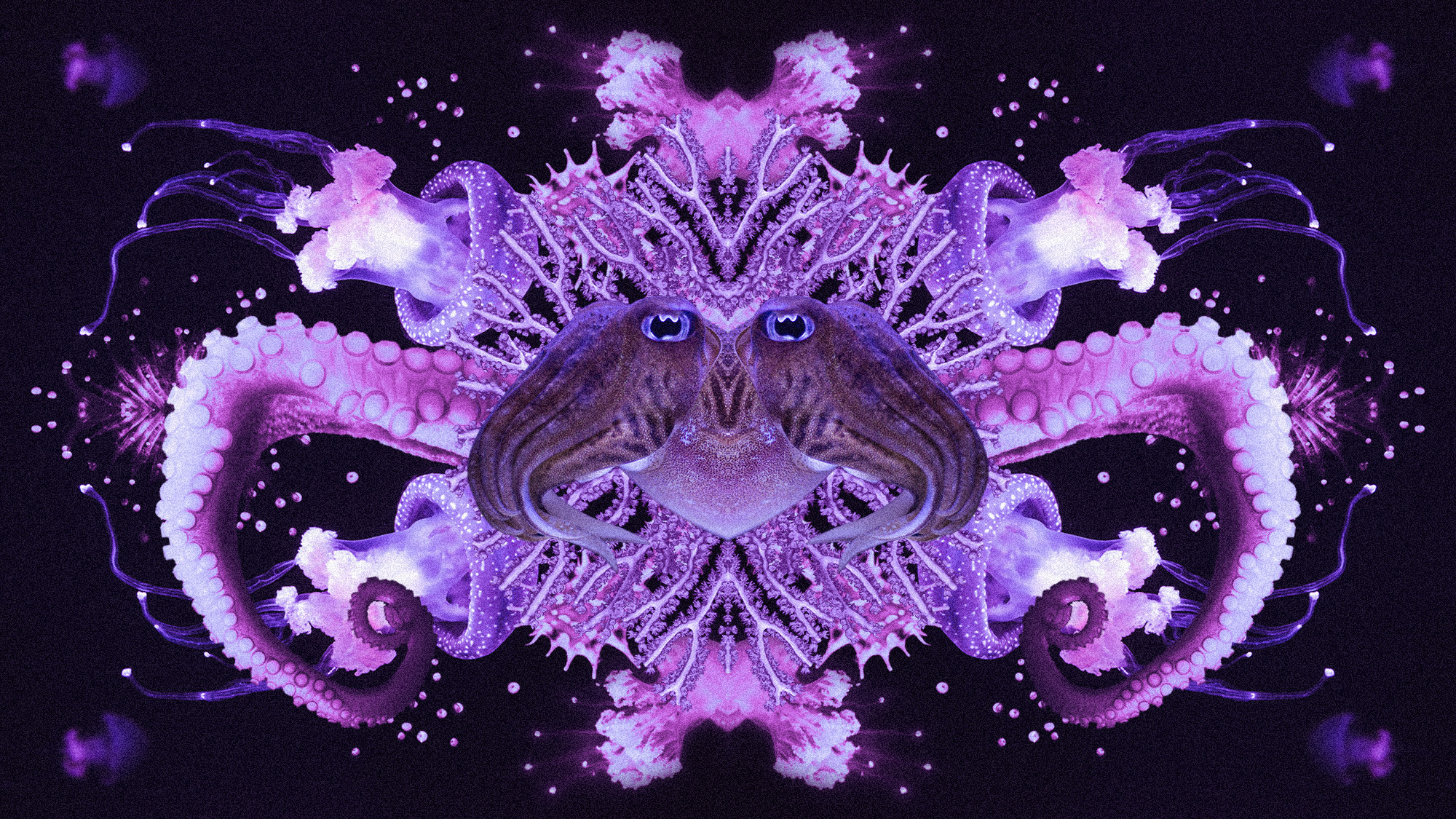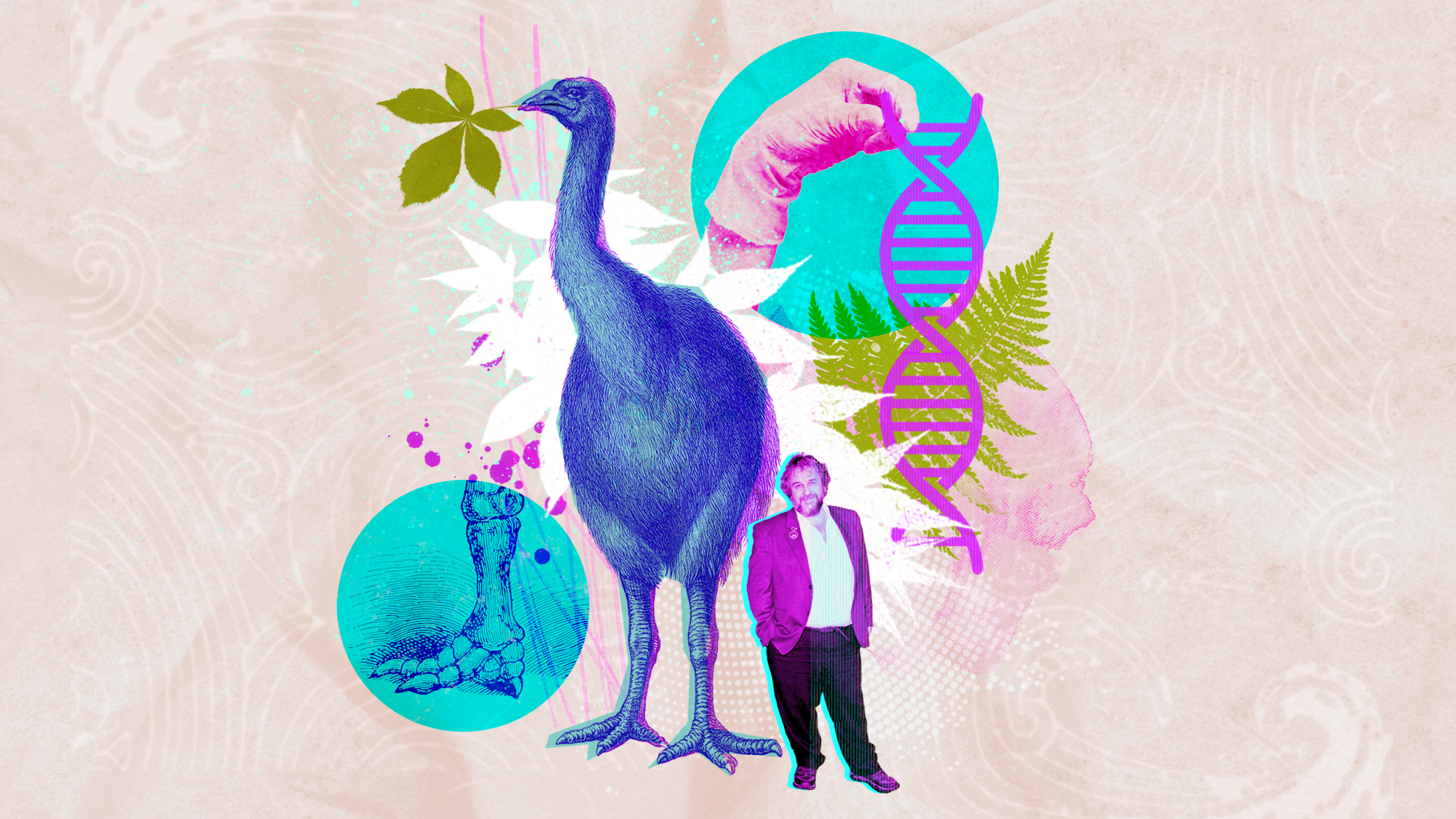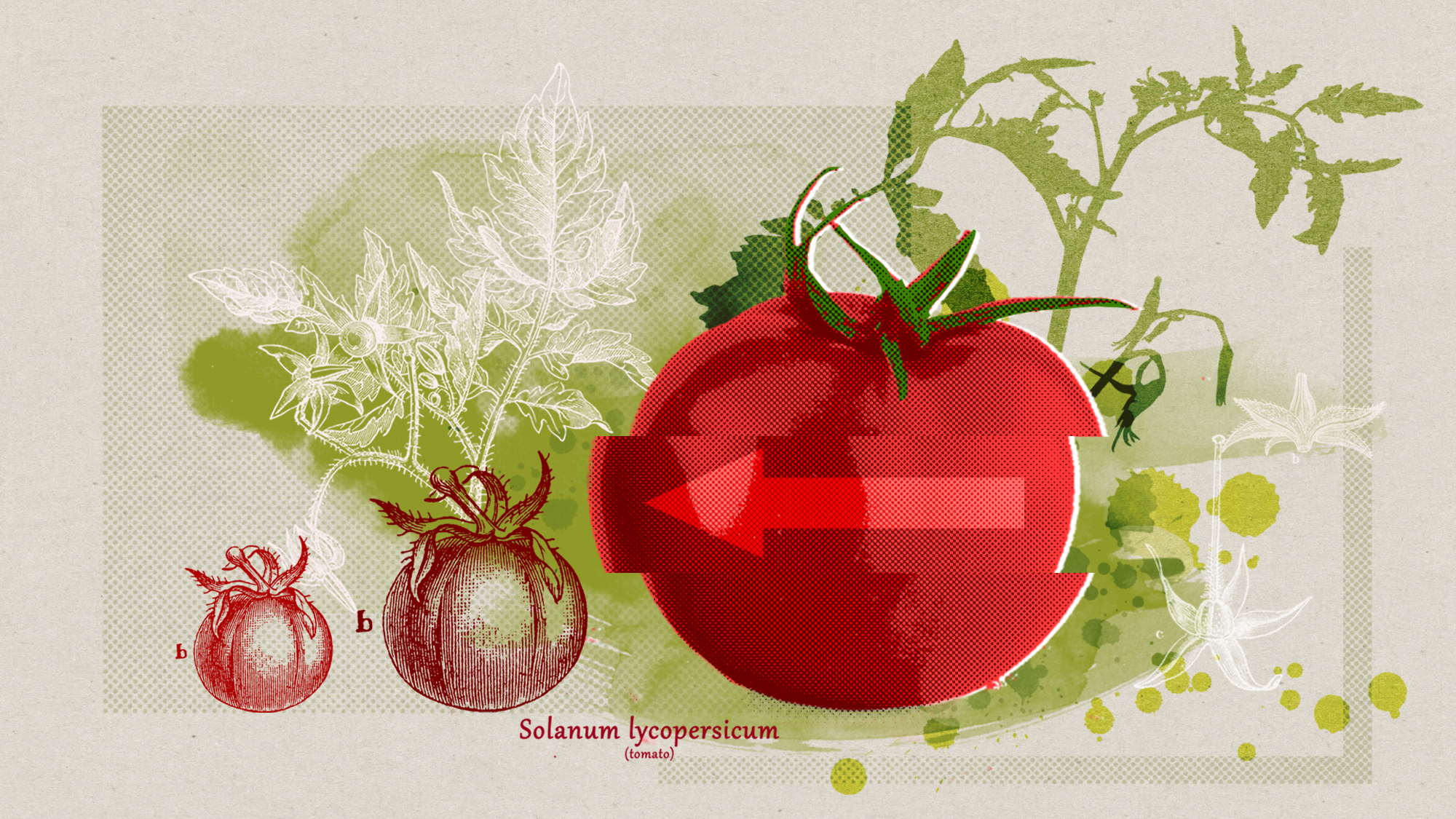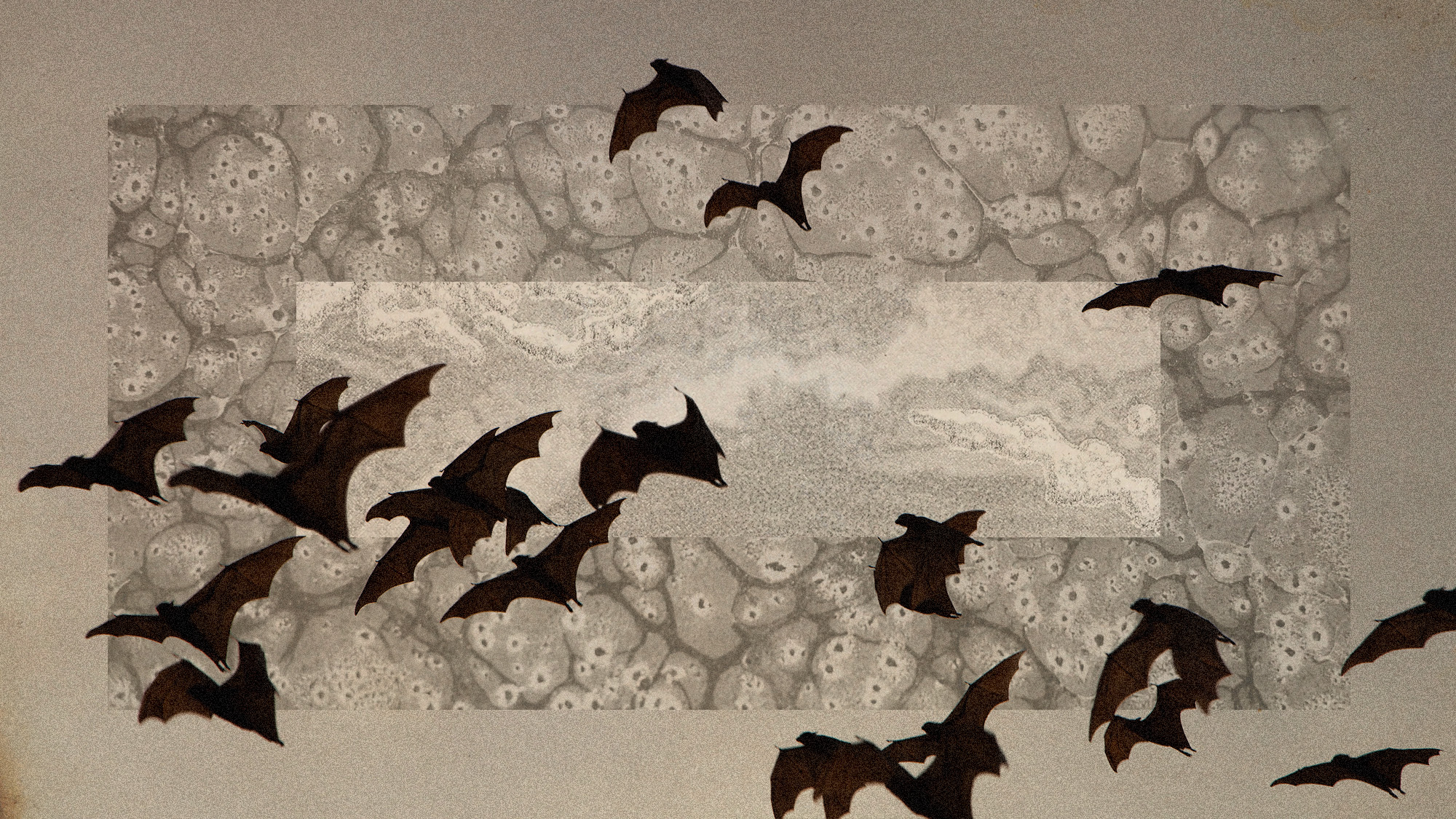One hundred new deep-sea species found off the coast of New Zealand
Scientists explored the uncharted depths of the Bounty Trough

Marine scientists on an expedition to record life in the remotest parts of the world's oceans have found more than 100 new deep-sea species, including one mystery creature which has "baffled" experts.
In February, a team of 21 scientists set off to explore the "largely uncharted" waters of the 500-mile long Bounty Trough, off the coast of New Zealand's South Island, hoping to find a "trove" of new species, said The New York Times (NYT).
Now it seems that the expedition has more than paid off, with the team of marine researchers reporting they have discovered 100 new species – with that number only likely to grow.
Subscribe to The Week
Escape your echo chamber. Get the facts behind the news, plus analysis from multiple perspectives.

Sign up for The Week's Free Newsletters
From our morning news briefing to a weekly Good News Newsletter, get the best of The Week delivered directly to your inbox.
From our morning news briefing to a weekly Good News Newsletter, get the best of The Week delivered directly to your inbox.
"I expect that number to increase as we work through more and more of the samples," expedition leader Dr Alex Rogers told the newspaper. "I think that number is going to be in the hundreds instead of just 100."
Experts 'baffled' by sea creature
The team, which was led by Ocean Census – a non-profit organisation dedicated to the global discovery of more than 100,000 new species of ocean life – collected almost 1,800 samples from depths as far down as 4,800 metres, roughly equivalent to the height of Mont Blanc. They found species of fish, squid, molluscs and coral that they believe are "new to science", said CNN.
But one star-shaped creature is "so unusual" that it has "baffled" scientists, according to Ocean Census. Experts initially thought it could be a type of sea anemone or a sea star, but now theorise it could be a new species of octocoral. Octocorals are soft corals with multiple polyps, each of which has eight tentacles.
"Even more excitingly, it could be a whole new group outside of the octocoral. If it is, that is a significant find for the deep sea and gives us a much clearer picture of the planet's unique biodiversity," said Dr Michela Mitchell, a taxonomist from Queensland Museum in Australia, speaking to The Telegraph. "We've got a lot of experts here having a look who are very excited."
The expedition also found a new species of fish – known as an eelpout – that was "instantly recognised as being different to the others" said Dr Daniel Moore, speaking to CNN.
"Finding new vertebrates is rare. There's hundreds of thousands of invertebrates in the sea that we still don't know. Vertebrates, we like to think that we know what's out there, but the reality is, we just don't," he said.
'Vital' to know more about marine life, say scientists
Much is still unknown about life in our oceans – of the 2.2 million species believed to exist in Earth's oceans, only 240,000 have been described by scientists, according to Ocean Census.
But it is "vital" to learn more about sea life because marine ecosystems carry out functions that support life on Earth, "such as creating food for billions, storing carbon and regulating climate," said Dr Rogers, speaking to the NYT.
"We're dealing with a situation where we know marine life is in decline," he said. "In order to try to manage human activities to prevent this continuing decline, we need to understand the distribution of marine life better than we currently do," he told the paper.
And in many bodies of water across the globe, there is still a lot to learn, said Dr Rogers. "It's probably the equivalent of a space mission," he said. “We're still in early days, but the number of species that we found in the Bounty Trough really indicates to us that we've got a long way to go in terms of understanding where life is found in the ocean."
A free daily email with the biggest news stories of the day – and the best features from TheWeek.com
Sorcha Bradley is a writer at The Week and a regular on “The Week Unwrapped” podcast. She worked at The Week magazine for a year and a half before taking up her current role with the digital team, where she mostly covers UK current affairs and politics. Before joining The Week, Sorcha worked at slow-news start-up Tortoise Media. She has also written for Sky News, The Sunday Times, the London Evening Standard and Grazia magazine, among other publications. She has a master’s in newspaper journalism from City, University of London, where she specialised in political journalism.
-
 5 hilariously cutting cartoons about the Department of Education
5 hilariously cutting cartoons about the Department of EducationCartoons Artists take on being rotten to the core, budget cuts, and more
-
 Kartoffelsalat (potato salad) recipe
Kartoffelsalat (potato salad) recipeThe Week Recommends German dish is fresh, creamy and an ideal summer meal
-
 Sickness benefits: an unaffordable burden?
Sickness benefits: an unaffordable burden?Talking Point A welfare bill 'debacle' caused by 'sickfluencers' who are beating the system
-
 What would happen to Earth if humans went extinct?
What would happen to Earth if humans went extinct?The Explainer Human extinction could potentially give rise to new species and climates
-
 Bad news, alpha males. You likely don't actually exist.
Bad news, alpha males. You likely don't actually exist.Under the radar Most primate communities are egalitarian
-
 Scientists and Peter Jackson attempt to bring back an extinct bird — kind of
Scientists and Peter Jackson attempt to bring back an extinct bird — kind ofIn the Spotlight Colossal Biosciences was the company behind the 'resurrected' dire wolves
-
 Retro tomatoes: a species of the plant is evolving backward
Retro tomatoes: a species of the plant is evolving backwardUnder the radar Environmental factors may play a role
-
 Scientists are the latest 'refugees'
Scientists are the latest 'refugees'In the spotlight Brain drain to brain gain
-
 Bacteria can turn plastic waste into a painkiller
Bacteria can turn plastic waste into a painkillerUnder the radar The process could be a solution to plastic pollution
-
 Scientists want to regrow human limbs. Salamanders could lead the way.
Scientists want to regrow human limbs. Salamanders could lead the way.Under the radar Humans may already have the genetic mechanism necessary
-
 A potentially mutating bat virus has some scientists worried about the next pandemic
A potentially mutating bat virus has some scientists worried about the next pandemicUnder the Radar One subgroup of bat merbecovirus has scientists concerned